Unperturbed by a recent vexatious attack from the Presidency, the Socio-Economic Rights and Accountability Project (SERAP) has slammed another lawsuit against President Muhammadu Buhari and the Minister of Communication and Digital Economy, Isa Pantami.
SERAP is asking the court for an order of perpetual injunction to restrain Buhari and Pantami from unlawfully shutting down telecommunication networks in any part of the country under any guise.
The government had “queried” the source of funding of the organization as it has filed no fewer than 20 suits against the authorities, particularly Buhari.
Filed at a Federal High Court, Abuja, on Friday, the suit wants the court to determine whether the shutdown of telecommunication networks in any part of Nigeria by the Buhari administration is unlawful, and a violation of the rights of access to correspondence, freedom of expression, information, and the press.
Persecondnews recalls that the NCC recently ordered telecom operators to suspend all telecommunications networks in some states, including Zamfara State, and at least 13 local government areas of Katsina State purportedly to check “banditry”/terrorism.
The rights group also asks the court to determine whether the shutdown of telecommunication networks in any part of the country is inconsistent with the principles of legality, proportionality and necessity, and the rights of access to correspondence, freedom of expression, information, and the press..
The suit, which has been assigned to Honourable Justice Ahmed Mohammed at Court 4, is fixed for hearing on 11th January, 2022.
Joined in the suit as Defendant is the Nigerian Communications Commission (NCC).
SERAP states: “Large-scale shutdowns of communication networks are a form of collective punishment. Shutdowns exert significant chilling effects, with direct implications on participatory democracy, whose existence depends upon an active and informed citizenry capable of engaging with a range of ideas.
“The Buhari administration has constitutional and international legal obligations to enable access to the Internet for all, as access to the Internet is inextricably linked to the exercise of freedom of expression and information.
“Access to information, the ability to exercise the right to freedom of expression and the participation that internet and telecommunication networks provide to all sectors of society is essential for a truly democratic society.
“The rights to freedom of expression and information may be restricted only in specific circumstances. Restrictions on these rights must be provided by law, proportionate, and necessary for respect of the rights or reputations of others or for the protection of national security or of public order, or of public health and morals.”
SERAP believed that while the authorities have a legal responsibility to protect, ensure and secure the rights to life and property, any such responsibility ought to be discharged in conformity with constitutional and international human rights standards.
“The suspension of internet and telecommunication networks in Zamfara and Katsina states is particularly egregious, and suggests a disturbing trend, especially given the escalating repression and restriction of civic space in Nigeria. Shutdowns should never become an entrenched practice in the country.”
The suit filed on behalf of SERAP by its lawyers Kolawole Oluwadare and Kehinde Oyewumi, read in part: “Internet and telecommunication shutdowns amount to inherently disproportionate interference with the rights to freedom of expression and information. Necessity requires a showing that shutdowns would achieve their stated purpose, which in fact they often jeopardize.”
“In their 2011 Joint Declaration on Freedom of Expression and the Internet, four special mandates on freedom of expression emphasized that ‘Cutting off access to the Internet, or parts of the Internet, for whole populations or segments of the public can never be justified, including on public order or national security grounds.
“The African Commission on Human and Peoples’ Rights has affirmed the principle of non-interference with access to internet and telecommunication networks and stressed that States including Nigeria ‘shall not engage in or condone any disruption of access to the internet and other digital technologies for segments of the public or an entire population.
“In June 2016, the UN Human Rights Council, condemned ‘measures to intentionally prevent or disrupt access to or dissemination of information online in violation of international human rights law.’ The Council called on all States, including Nigeria, to refrain from and cease such measures.
“The rights to freedom of expression and access to information are protected by Section 39 of the Nigerian Constitution, 1999 [as amended], Article 19 of the International Covenant on Civil and Political Rights, and Article 9 of the African Charter on Human and Peoples’ Rights both of which Nigeria has ratified.
“These rights must be protected online as they are protected offline. Access to the Internet is a fundamental right. Access to the internet is also a necessary precondition for the exercise and enjoyment of other human rights online and offline.
“Shutdowns generate a wide variety of harms to human rights, economic activity, public safety and emergency services that outweigh the purported benefits. Any shutdown has the potential to affect millions of internet and telecommunication users, and those on the margins of society are most impacted by it.
“The suspension of the internet and telecommunication networks in Zamfara and Katsina states, without any legal justification, is inconsistent with the principles of necessity and proportionality. The suspension is a form of collective punishment of Nigerians resident in these states.”
“The imposition of any restrictions should be guided by the objective of facilitating the right, rather than seeking unnecessary and disproportionate limitations on it.
“Restrictions must not be discriminatory, impair the essence of the right, or be aimed at causing a chilling effect. Internet and telecommunication shutdowns fail to meet all of these conditions.”













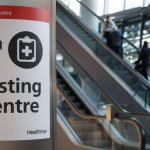













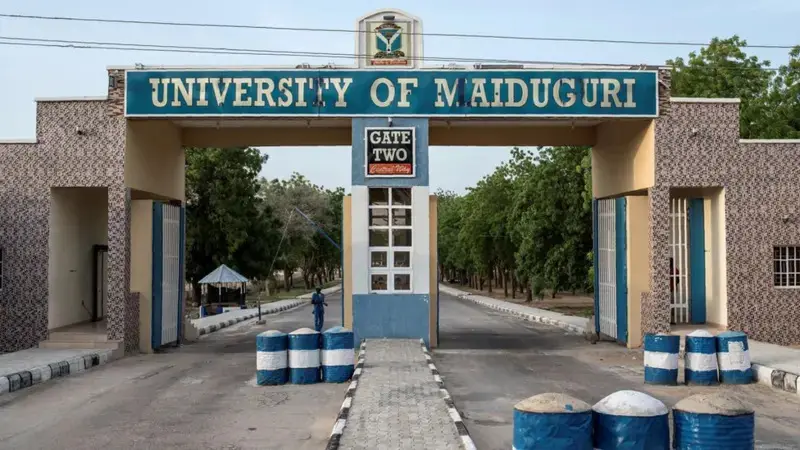
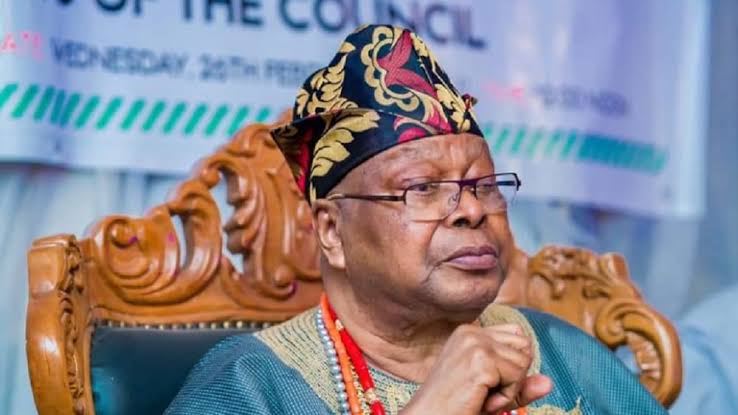
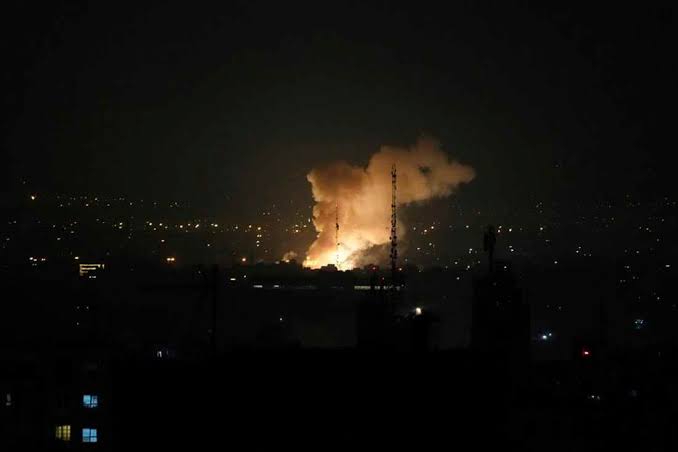

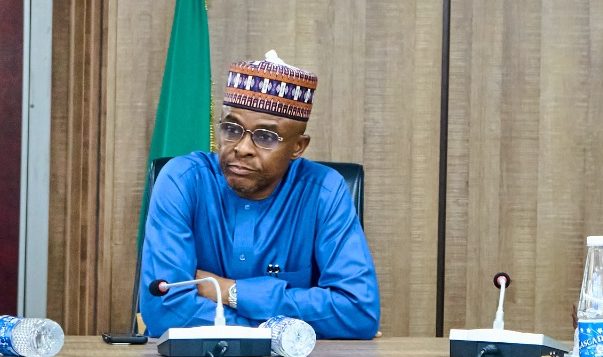

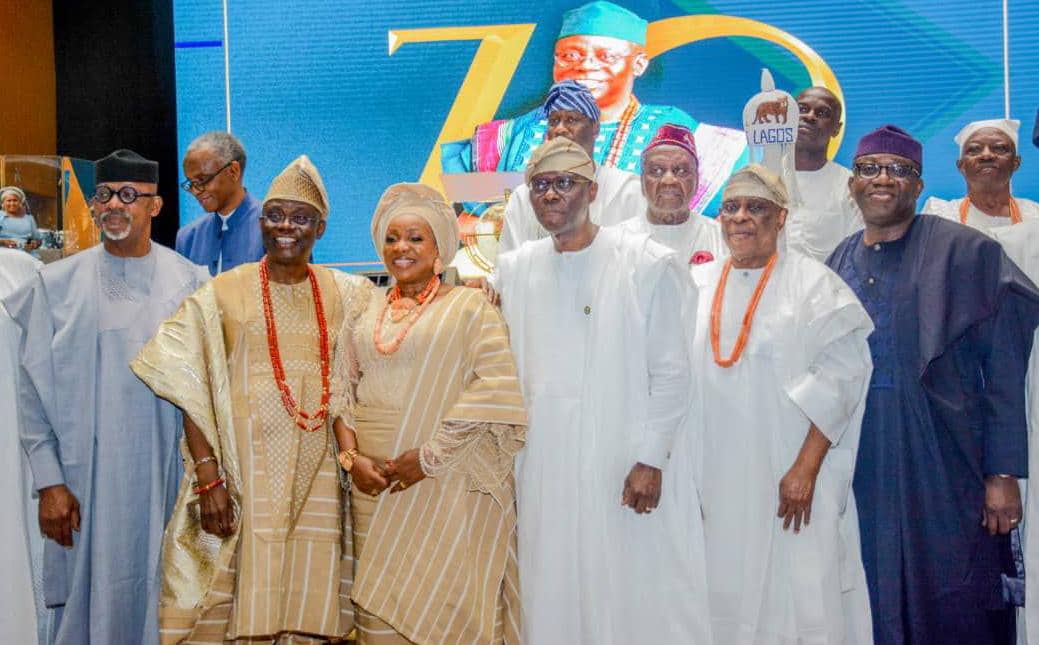

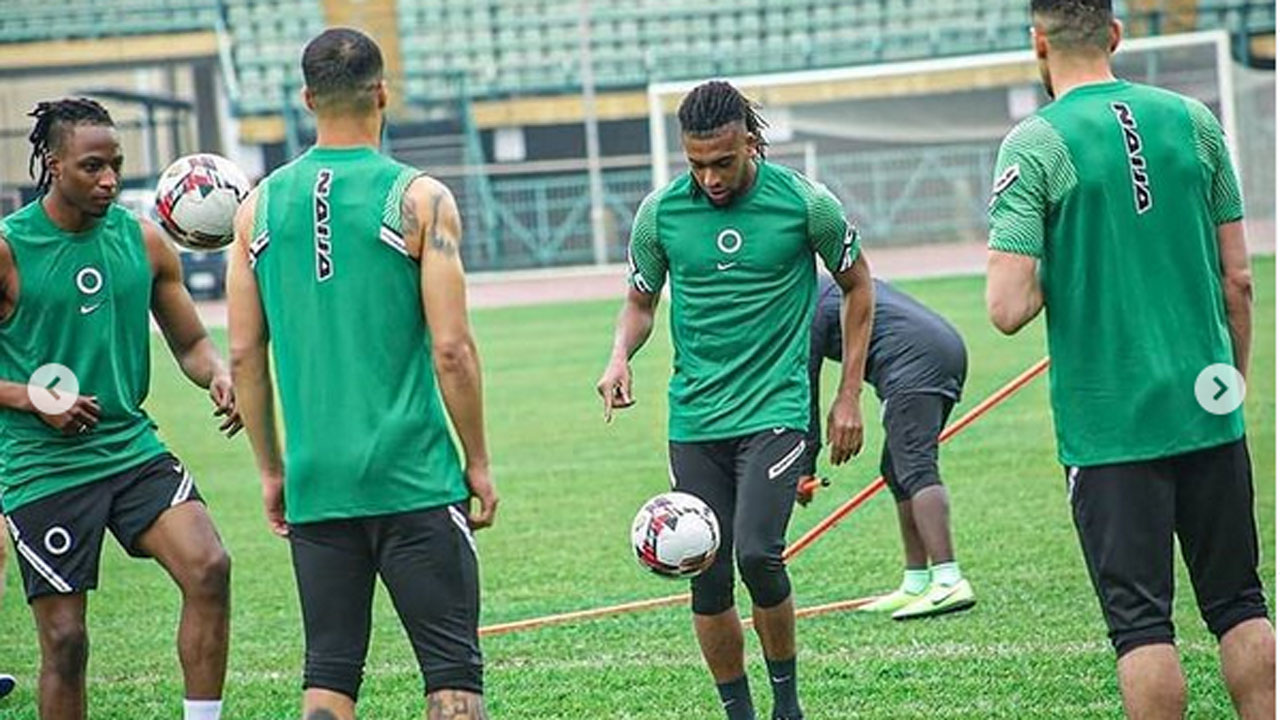
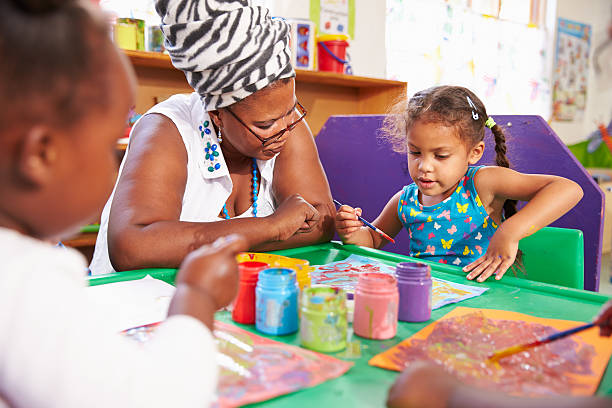

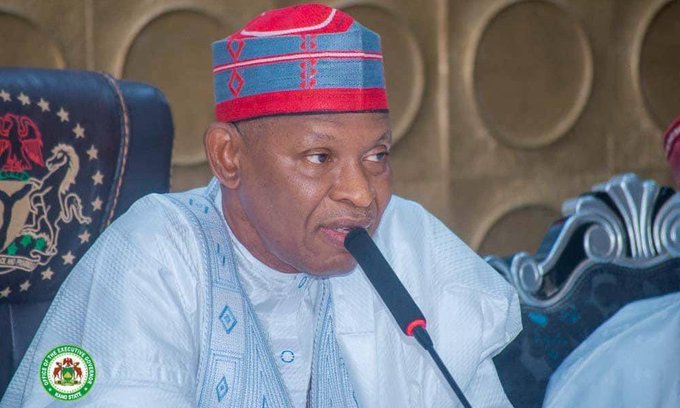
Leave a comment